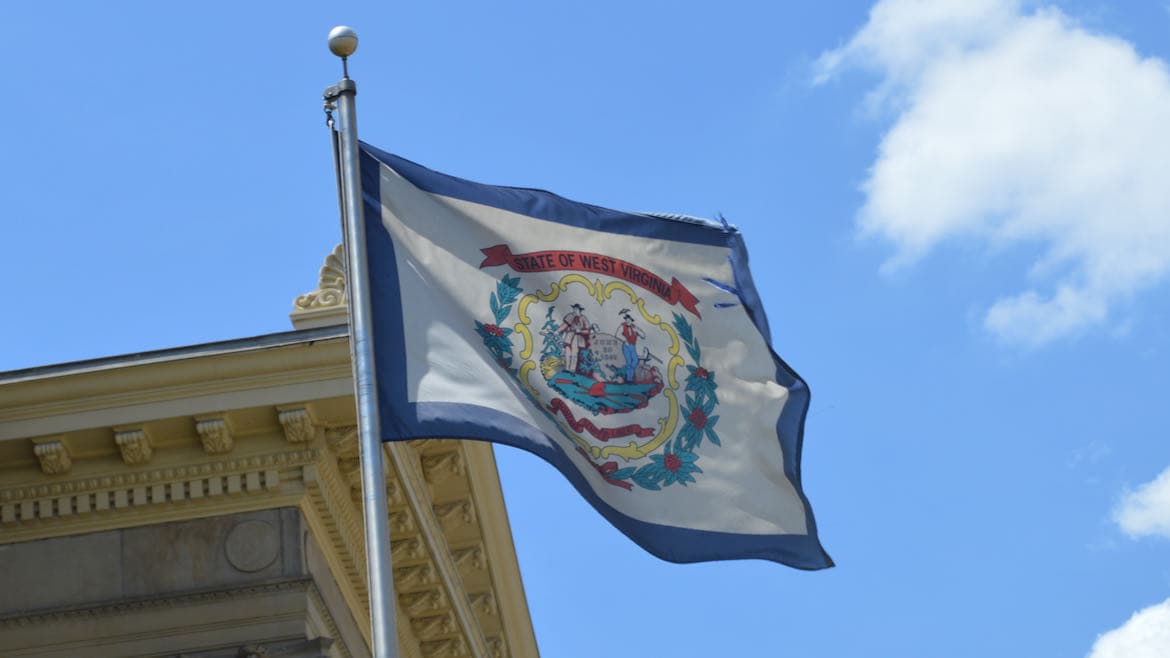Tag: Editorial independence
Bill sparks concerns over independence of West Virginia Public Broadcasting
The new legislation would give a cabinet secretary the authority to hire and fire WVPB's executive director.‘The Pub’ #92: Jacqui Helbert and the ethical hazards of university stations
A cautionary tale of what goes wrong when a licensee doesn't affirm the editorial independence of the newsroom.Insistent sponsors put newsrooms on alert
Underwriters of public radio programs increasingly want to link their names more closely to particular stories and reporting projects, according to station ...APTS warns Tomlinson that it will oppose CPB interference with public TV
APTS sent this letter to CPB Board Chairman Kenneth Y. Tomlinson on June 7, 2005, after media reported that he favors the ...Wake Forest University faculty committee report on WFDD conflict, 2000
Five months after the conflict developed between Wake Forest University (Winston-Salem, N.C.) and its public radio station, WFDD, the faculty’s Senate Ad ...Can government employees be journalists?
Nebraska ETV canceled a senatorial debate broadcast in August [1996], and Iowa PTV was taken to court last month as the ripple ...




